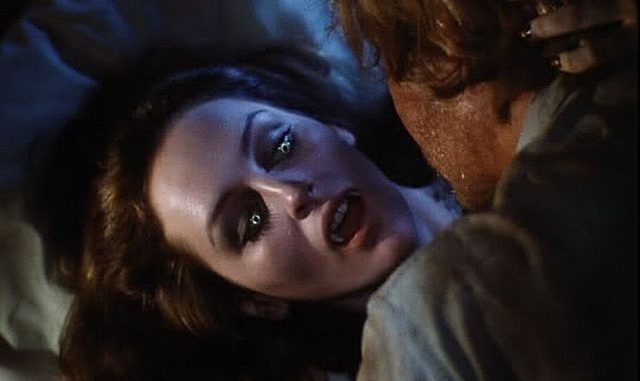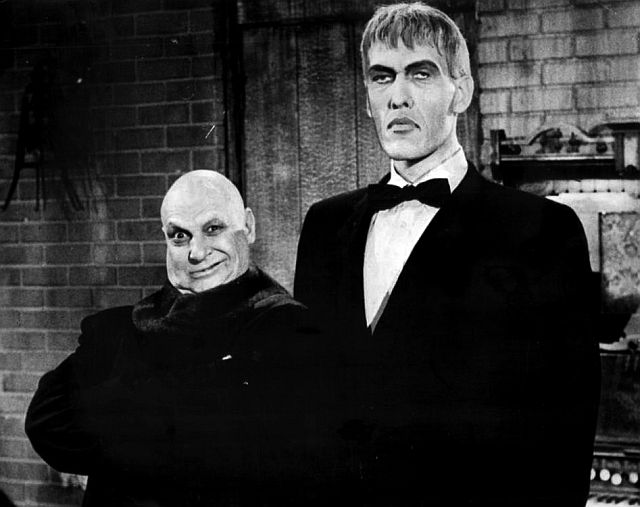
‘Real vampires’ have been found to be too timid to approach physicians or therapists for fear of misinterpretation of their habit of ingesting other peoples blood (volunteer donors).
Researchers have found that “real vampires” who drink other people’s blood are reluctant to approach health professionals for fear of ridicule.
A study led by D.J. Williams, director of social work at Idaho State University, found that “real vampires” need other people’s blood to gain energy. They appear to be extremely tired and are in search of volunteers to satisfy their thirst for blood.
The study indicated that ordinary successful people could identify themselves as vampires. They are in fear of approaching health professionals in case of being stigmatised and the risk of being diagnosed with mental illness.
The study was done on 11 ‘real’ vampires among a population of 1000’s worldwide. It does not indicate the affect on the volunteers who had their blood drained by the vampires.
Reuters report:

BYPASS THE CENSORS
Sign up to get unfiltered news delivered straight to your inbox.
You can unsubscribe any time. By subscribing you agree to our Terms of Use
Latest Video
The paper, published in the latest issue of Critical Social Work, a peer-reviewed journal based in Canada, found that authentic vampires as opposed to “lifestyle” vampires – black-clad figures with phony fangs – might be stereotyped by clinicians whose fields discourage biases.
Williams, who has studied self-identified vampires for nearly a decade, finds they come from every walk of life and profession, including doctors, attorneys and candlestick makers.

They are successful, ordinary people,” he said.
Except they are very, very tired. That’s apparently the chief reason they find a consenting adult willing to allow them to use a scalpel to make a tiny incision in the chest area so they can ingest a small amount of blood for energy, the study found.
Williams and another researcher based the paper on the responses of 11 people who had identified themselves as vampires for many years and could be relied on to be open and honest, and who gain permission from practicing adults before ingesting their blood, he said.
“The real vampire community seems to be a conscientious and ethical one,” Williams said.

The challenge is finding non-judgmental clinicians to whom vampires can disclose their alternative lifestyles, he added.
“Most vampires believe they were born that way; they don’t choose this,” Williams said.
The global vampire population is thought to number in the thousands, he said.


